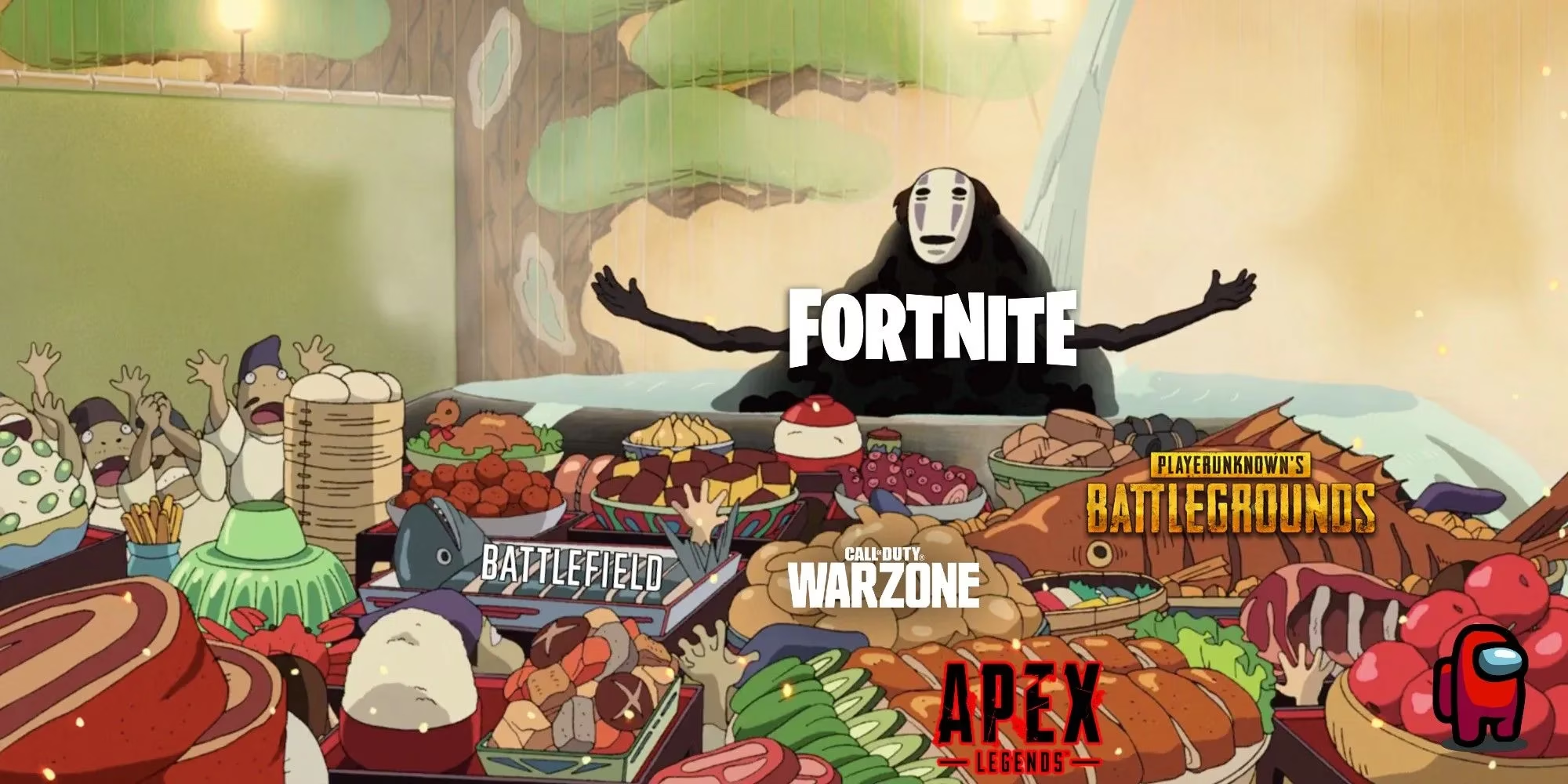The Unforgettable Impact of PUBG: How a Game Devoured Our World
Discover how PUBG revolutionized gaming with its intense battle royale experience, forging bonds and inspiring a multi-billion dollar ecosystem.
That scorching summer of 2017 feels like yesterday – sticky controllers, neglected social plans, and the electric buzz of discovering PlayerUnknown's Battlegrounds. For one teenager, declining park hangouts became a ritual sacrifice to the gaming gods. PUBG wasn't just another title; it was a digital fever dream that rewired his nervous system. The first "Winner Winner Chicken Dinner" wasn't merely a victory screen – it was a full-body earthquake where hearts hammered against ribs like trapped birds, palms sweat-soaked into mousepads, and grenade throws in the final circle felt like defusing bombs with trembling fingers. Man, that adrenaline rush was something else – a pure, uncut high no substance could replicate.
 .jpg)
.jpg)
The magic spilled beyond solo matches. When his dad wandered downstairs to investigate the choked sobs of triumph, an unexpected duo formed. Six silent hours passed like minutes – father and son trading controllers, lurking in pixelated bushes, sharing rooftops in wordless camaraderie. PUBG became their digital campfire, reigniting a bond dormant since Battlefield 2 a decade prior. Gaming often gets labeled isolating, but here it knitted people together through shared tension and silent understanding. You could practically feel the game grinning in the background, proud of its matchmaking.
Behind this personal revolution lay PUBG's origin story – a scrappy underdog tale. Born from Brendan "PlayerUnknown" Greene's Arma 2 mod inspired by Battle Royale, it evolved through H1Z1's buggy laboratories before finding its footing with Bluehole Studio. By June 2017, it amassed 400,000 concurrent players; by December, an unthinkable 3 million. Then came the copycats. Epic Games unleashed Fortnite's BR mode in a blatant land grab, morphing into a cultural black hole that absorbed mechanics like a ravenous spirit.
The battle royale explosion birthed a chaotic ecosystem:
-
2017: Surviv.io (shockingly fun browser gem)
-
2018: Realm Royale (hero-shooter twist), Ring of Elysium (innovative but overlooked), Blackout (first AAA attempt)
-
2019: Apex Legends (evolutionary leap), Firestorm (Battlefield's awkward flop)
-
2020: Warzone (monolithic success), Hyper Scape (Ubisoft's forgotten experiment), Spellbreak (magical mayhem)
-
2021: Naraka: Bladepoint (melee-focused), Bloodhunt (vampiric verticality)
By 2025, PUBG stands as a free-to-play elder statesman – creaky joints showing, yet radiating legacy. Its true power lies beyond mechanics: it pioneered a genre where 100 players fighting for survival became gaming's lingua franca. Think about it – when was the last time a single modder birthed a billion-dollar ecosystem? It's like someone casually inventing rock 'n' roll in their garage. The game taught us that victory tastes like virtual chicken dinners, that silent rooftop vigils with family heal old rifts, and that pandemic isolation could be shattered by Apex's ping system – a direct descendant of PUBG's communication DNA.
So here's to you, PUBG – you stubborn, brilliant blueprint. You gave us heart-thumping final circles and made "one more match" a universal lie. But as we gaze at 2025's horizon – VR battle royales? Neural-link last-player-standing simulations? – one wonders: what humble passion project brewing today might next reshape our digital landscape overnight?